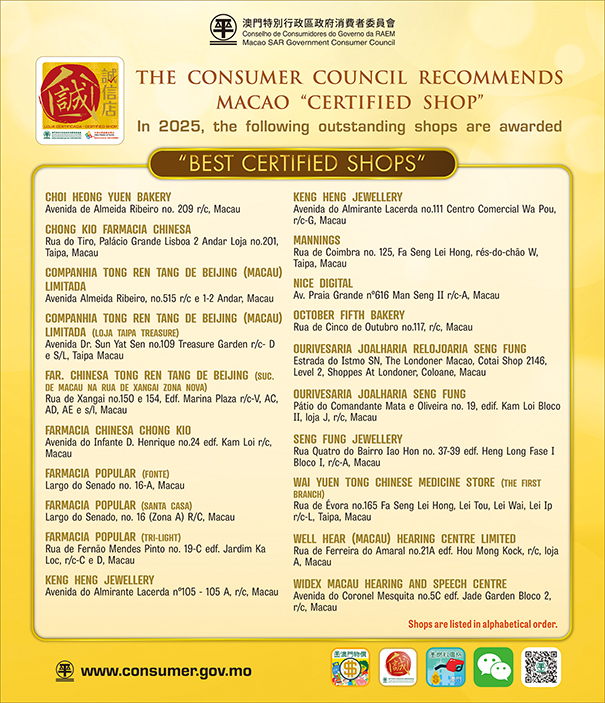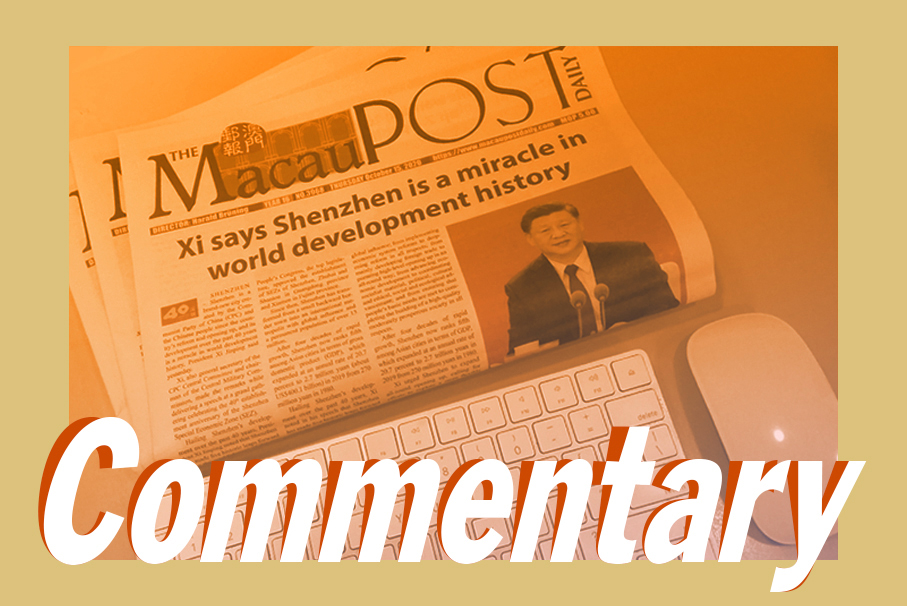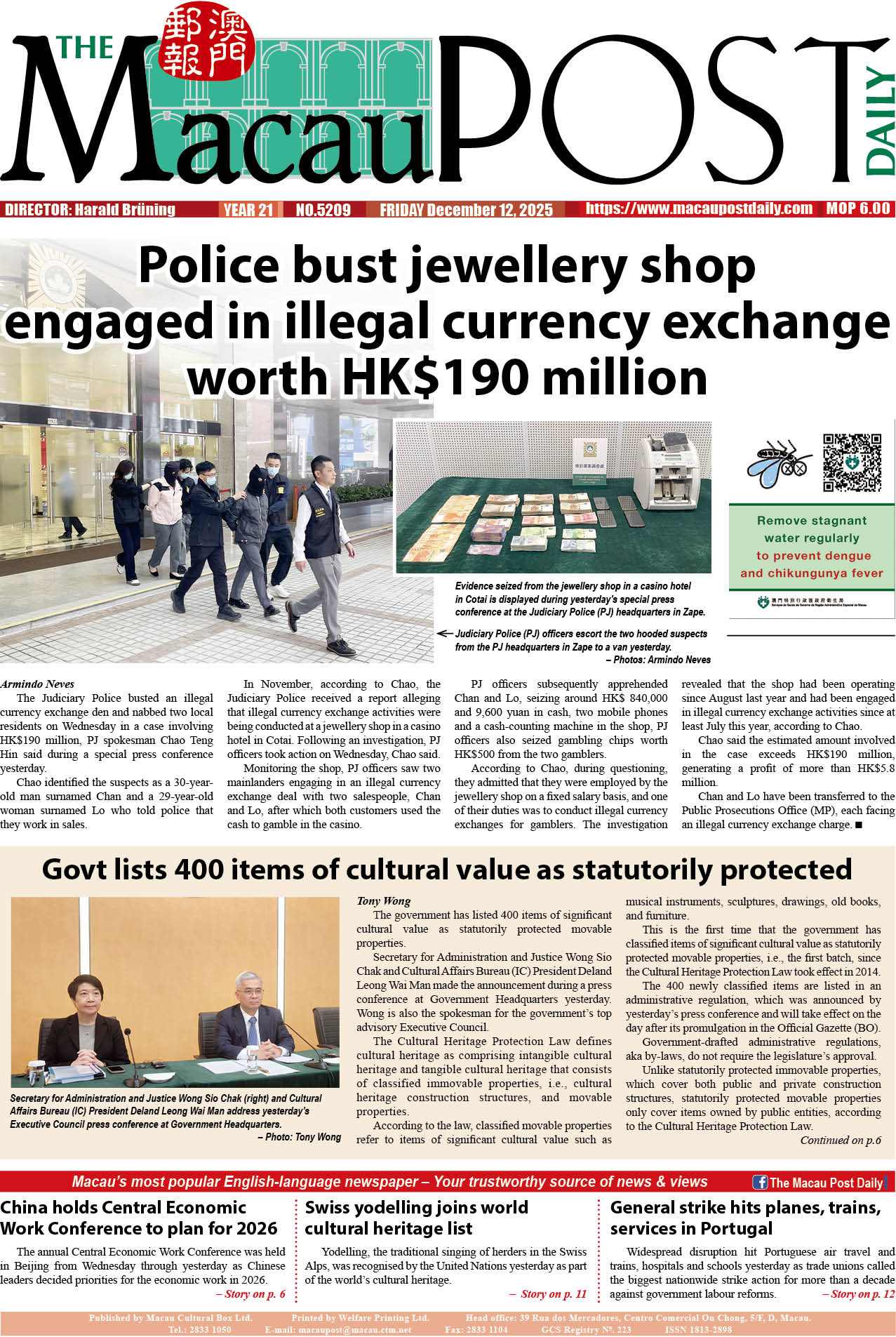The novel coronavirus is a thief that climbs through the window of your home, infects your family, and steals them away because they don’t survive.
NEW YORK – Just 11 weeks after the country’s first case was confirmed and less than six weeks from its first death, over 436,000 people have tested positive for the novel coronavirus in the United States and its death toll has topped 14,800.
The world’s largest economy has seen the pandemic sweep across its territory, sending shock waves through the financial markets, and most Americans are under stay-at-home orders to slow down the spread of the virus.
US federal, state and local authorities have warned that this week will be the worst yet for the nation, with US President Donald Trump predicting “a lot of death, unfortunately,” and Surgeon General Jerome Adams calling it “the hardest and the saddest week of most Americans’ lives, quite frankly.”
The silver lining, however, is that help either has arrived, or is on the way.
Chinese factories are operating in full swing to meet their US orders, China’s provincial and municipal governments are rushing to help their sister states and cities, and China’s business sector is offering huge donations.
The grassroots efforts from many ordinary Chinese Americans, though trivial compared to deep pockets, have also contributed to solving desperate medical supply shortages in their communities.
VIRUS ‘STEALS LOVED ONES’
Globally, COVID-19 cases have passed 1.53 million, including more than 90,000 deaths, according to the latest tally.
In New York state, the current US epicenter of the pandemic, the number of novel coronavirus infections has exceeded 149,000, including over 6,200 deaths. In New York City alone, the death toll has surpassed 4,700.
“I have seen ambulances bring people who are ill, vomiting with surgical masks on, and they are vomiting into the mask. They are being rushed into an emergency room out of an ambulance,” Monica Guy, a New York-based freelancer, told Xinhua in an interview via video call.
Guy even gave this virus a personality – a thief who steals loved ones. “It’s a thief that climbs through the window of your home, infects your family, and steals them away because they don’t survive,” she said.
New York Governor Andrew Cuomo announced on Tuesday that 731 more people died of the coronavirus on Monday, marking the biggest single-day increase in fatalities in the state.
In a FaceTime interview with Xinhua, Mike Lanotte, executive director and CEO of the New York State Funeral Directors Association, said, “We have seen a huge spike in the number of deaths occurring especially in New York City.”
“I have never seen in my entire life anything like this. I have spoken to funeral directors who said to me, I have been doing this for more than 40 years and I have never seen anything like this in my life,” Lanotte said, adding there is a dire need for funeral directors to get personal protective equipment (PPE) so that they can continue to do their jobs safely.
“In the past two months, every week has been worse than the one that came before,” read an editorial published on Tuesday by the Los Angeles Times. “The safest bet is that this week will be the worst, followed by an unknown number of even worse weeks.”
This photo taken in Los Angeles County on March 26 shows anti-COVID-19 donations from the Chinese-American community in Palos Verdes in Southern California. – Xinhua
Members of the Philadelphia Chinese United Community Organization and the Fujian Association of Philadelphia pose for a photo with medical workers after delivering donated anti-COVID-19 medical supplies to Temple University Hospital in Philadelphia on March 30. – Xinhua
Firefighters pose with Chinese American COVID-19 donation campaign members at their station in Los Angeles after receiving facemasks donated by the Chinese-American community in Palos Verdes and the Greater South Bay area on March 26. – Xinhua
‘ABSOLUTELY YES TO HELPING PEOPLE’
China on Wednesday ended its 76-day lockdown of Wuhan, the city where the virus was first reported.
Ever since the outbreak, Chinese Americans have found life much harder than before as they often have to deal with fear, discrimination and business closures. Many of them still focus on procuring medical supplies, to the best of their capacity, for those in need.
Harry Wang, a 30-year-old Chinese American working in Silicon Valley, together with his Wuhan Alumni Association of Northern California, has raised about half a million US dollars to help Chinese and American hospitals fight COVID-19.
“We do not just care about the Chinese or Chinese Americans. When other Americans need us, we cannot say no. We say yes, absolutely yes to helping them,” he said.
Wang swiftly gathered a team of Chinese Americans in late January and worked closely with non-governmental organizations (NGOs) including Direct Relief and MAP International, delivering more than 10 tons of rescue supplies mainly to Hubei province, of which Wuhan is the capital.
When the virus began spreading on the West Coast of the United States, Wang, leading the team, raised as much as they could within weeks, and worked with the same NGOs to help California hospitals purchase medical supplies.
“At first when we tried to persuade the NGOs to help Wuhan, we convinced them that helping Wuhan is helping China, and helping China is helping the United States, and helping the United States is helping the world,” Wang said. “Now it’s time to help the United States, and our NGO partners continue to trust us.”
In New York City, Lei Chen is a restaurant owner who comes from Liaoning province and immigrated to the United States in 2005. After noticing many police officers and doctors in his neighborhood did not have personal protective equipment (PPE), he managed to get them 20,000 surgical masks, 100 protective suits, 300 bottles of hand sanitizer, 1,000 N95 respirators and two boxes of goggles.
“The other day I was driving past a local police station, and I stopped to give them the only two bottles of hand sanitizer I had in the car. They need those more than I do,” he said.
TIME FOR SOLIDARITY, COLLABORATION
What many Chinese Americans have been doing since the COVID-19 outbreaks in both countries again shows how the Chinese people are contributing to their local communities and also contributing to a good US-China relationship, said Huang Yanzhong, senior fellow for global health at the New York-based Council on Foreign Relations.
Huang, also director of the Center for Global Health Studies at Seton Hall University in New Jersey, suggested that the two countries keep working together at national levels and through corporations.
Back in mid-March, hours after Trump declared a national emergency to free up US$50 billion in federal resources to combat the virus, mainland Chinese billionaire and Alibaba founder Jack Ma Yun offered to donate one million masks and 500,000 test kits to the United States.
Cuomo on March 26 announced a list of initial donations from major corporations, philanthropic organizations and celebrities to New York, revealing that the Chinese telecom company Huawei had donated 10,000 N95 masks, 20,000 isolation gowns, 50,000 medical goggles and 10,000 gloves.
On March 29, a planeload of medical supplies arrived in New York from Shanghai, the first in a series of flights over the next few weeks organized by the White House to help fight the virus; and just over the weekend, a total of 1,000 much-needed ventilators also arrived in New York, a donation from several Chinese foundations.
Even after the pandemic is over, Huang said, China and the United States could, for example, set up a global health security fund to prepare for the next outbreak, or to support capacity-building in other countries.
“They could also collaborate with each other in the joint development of medical countermeasures, price management, disease surveillance and response. There are a lot of areas for the two to work with each other,” he said.
– Xinhua
(COVID-19 statistics updated by The Macau Post Daily late last night)









